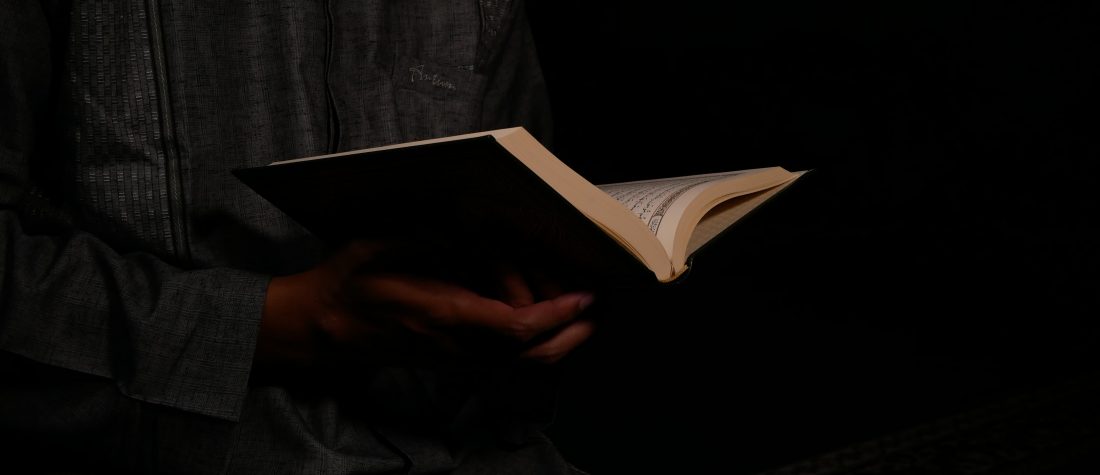Mustafa Akyol, it would seem, did not really write this book for others as much as for himself. He takes the reader on a deeply personal journey as he grapples with enormous wave after wave of historical and religious issues spanning not only the 1,400 years of Islam but back into Ancient Greece.
Akyol deals with fundamental questions of what it means to know what is good and why; he examines every aspect of what being a believer means as it relates to behaviour. His narrative methodically goes through problems in the Islamic world such as compulsion in faith and silencing of speech. He starts with this “freedom deficit” and it remains the main feature of the work.
He argues, powerfully, that at the crux of belief must be the freedom to believe or not believe. He skilfully weaves this theme through examples of how Muslim leaders in the past and the present have employed their authority into the religious domain.
Akyol highlights the historical uses of this practice to crush dissent and concludes that this has stifled intellectual growth. He embraces the Quranic doctrine of questioning God’s creation through examination and rational argument. He then juxtaposes this tolerant, progressive, science-embracing approach with the practices of tyrannical rulers.
Akyol’s book is free from the heavy academic language that is typical of such works, and rather elegantly presents accessible arguments with captivating stories. Yet still, in another sense, it is not easy reading for anyone. Most readers will find it challenges their thinking. He presents a thoroughly engaging set of theses in multiple fields, from morality to law and ethics, and from philosophy to history, politics and more. Rare among critics of Muslim practice, he argues that traditional Muslim beliefs of rationalist thought and the coherence and the sublime beauty of the central message of Islam is that which the Prophet endowed to his followers, and one which still attracts hundreds of millions followers the world over. He eloquently explains this contradistinction with how Islam is all too often conflated with excesses committed by some of its adherents.
Akyol introduces readers to the fictional figure of Hayy ibn Yaqdhan (or “Alive son of Being Awake”), the young titular protagonist of the long-forgotten philosophical novel by Muslim philosopher Ibn Tufayl. Hay is raised on a beautiful tropical island off the coast of India.
It is uninhabited by other humans and he is raised by various animals. He is a vegan living in harmony with his environment, and in this natural state of being he explores the meaning of life and concludes that the existence of a creator is the most rational explanation of all that he has experienced and witnesses.
Akyol presents this 12th-century story, shows us how it became a bestseller in Europe among Enlightenment thinkers and Quaker theologians, and calls on Muslims to reconsider its universal humanism. And he presents it equally for non-Muslims to pause and consider the rich and life-embracing culture at the heart of Islam.
Akyol is brave, erudite and has done his homework. The book is superbly researched and invites commentary and response on every page. It has the potential to become one of the great works of liberal academic and popular literature. He concludes: “As an ordinary Muslim who is concerned with this crisis [of Islam] – and who has been trying to do something about it, rightly or wrongly, for about three decades – I think it is time for us to begin thinking anew. To reopen our minds. To embrace more reason, freedom, and tolerance.” In this vein, one could hope that Akyol’s work will come to be regarded as an engine of positive change for societies all over the world.


